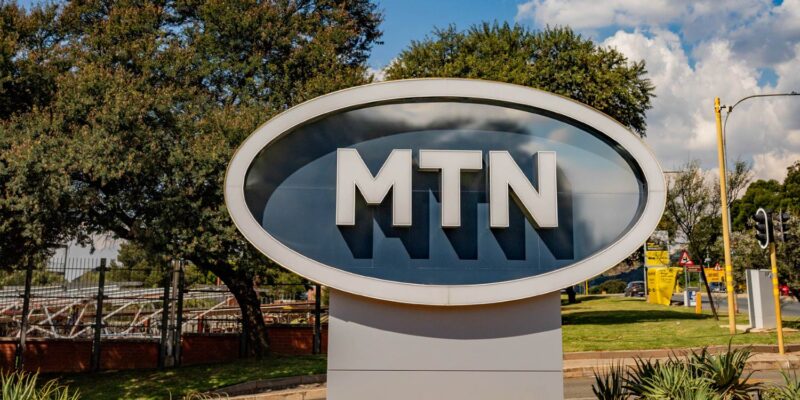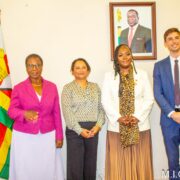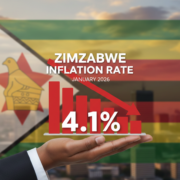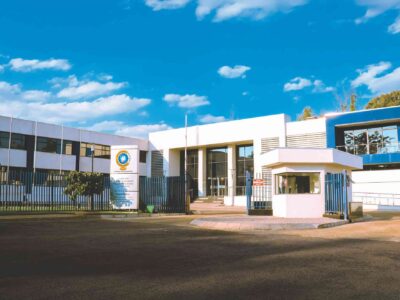A new global financial inclusion push is taking shape, with Mastercard and MTN emerging as key drivers in a coalition aimed at improving financial well-being for underserved communities and small businesses across Africa.
The initiative, launched at the ASEAN Inclusive Growth Summit, seeks to move beyond basic access to digital finance by promoting financial literacy, savings culture, affordable credit, and long-term economic resilience for low-income users. This comes as 2.1 billion people worldwide remain unbanked or underbanked, with Africa carrying one of the largest gaps despite rapid mobile money adoption.
The Global Financial Health Coalition brings together telecom operators, fintech platforms, banks and NGOs to build digital financial tools that better support informal traders, rural users and SMEs struggling with high transaction costs and income instability.
By Ruvarashe Gora
Africa remains the fastest-growing mobile money market, and Mastercard said the coalition will strengthen trust, promote responsible innovation and help small businesses shift from cash-based operations to digital systems that improve record-keeping and access to credit.
Axian Group, another African operator within the coalition, said the initiative would support real financial capability rather than simply digital access. Madagascar-based Erwan Gelebart highlighted that behind each mobile wallet sits a family or entrepreneur trying to build stability.
With more than 85% of adults in low- and middle-income countries now owning mobile phones, the coalition says the next frontier is converting connectivity into measurable financial health rather than transactional convenience.
Analysts say the partnership signals growing convergence between fintech and telecommunications in shaping Africa’s economic future, as digital wallets increasingly replace traditional banking channels for millions of households.
The coalition is expected to share best practices, build transparent systems and promote inclusive tools that support SMEs, which form the backbone of African economies and employ the majority of the continent’s workforce.















Comments